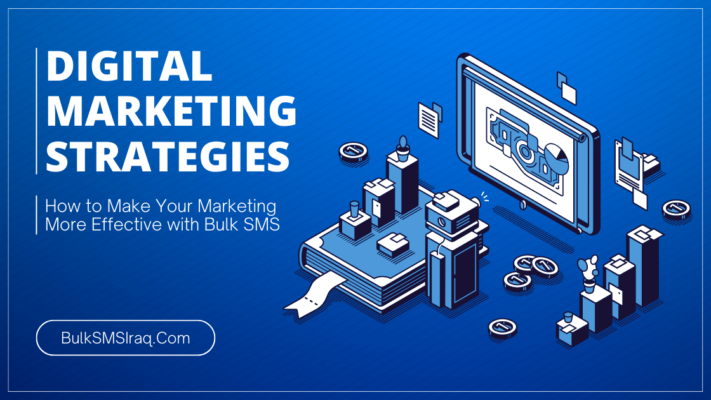
SMS marketing is effective for a number of reasons:
- High open rates: SMS messages have an open rate of around 98%, meaning that nearly all text messages are read by the intended recipient.
- Immediacy: SMS messages are delivered and read quickly, allowing businesses to reach customers in real-time.
- Personalization: SMS messages can be easily personalized to address the recipient by name, making the message feel more relevant and valuable.
- Targeting: SMS marketing allows businesses to target specific groups of customers based on their preferences and behavior.
- Cost-effectiveness: SMS marketing is a relatively low-cost way to reach a large number of customers compared to other marketing channels.
- Opt-in: SMS marketing is opt-in, which means customers have to sign up for your SMS messages and are more likely to engage with the content.
- Mobile optimization: SMS messages are designed to be read on mobile devices, so the content is optimized for small screens.
- Easy to track: SMS marketing campaigns can be easily tracked and analyzed, allowing businesses to measure the effectiveness of their campaigns and make adjustments as needed.
Why SMS Marketing is better than Email Marketing?
SMS and email are both effective marketing channels, but SMS has several advantages over email:
- High open rates: SMS messages have an open rate of around 98%, while email open rates can vary widely depending on the subject line, sender, and other factors.
- Immediacy: SMS messages are delivered and read quickly, allowing businesses to reach customers in real-time. Email messages can get lost in a cluttered inbox and may not be read for days.
- Personalization: SMS messages can be easily personalized to address the recipient by name, making the message feel more relevant and valuable.
- Targeting: SMS marketing allows businesses to target specific groups of customers based on their preferences and behavior.
- Cost-effectiveness: SMS marketing is a relatively low-cost way to reach a large number of customers compared to other marketing channels.
- Opt-in: SMS marketing is opt-in, which means customers have to sign up for your SMS messages and are more likely to engage with the content. This is not the case with Email marketing where sometimes it is considered as spam.
- Mobile optimization: SMS messages are designed to be read on mobile devices, so the content is optimized for small screens.
- Easy to track: SMS marketing campaigns can be easily tracked and analyzed, allowing businesses to measure the effectiveness of their campaigns and make adjustments as needed.
It’s worth noting that SMS has a limited character count of 160 characters, which can be an advantage or disadvantage depending on the message you want to convey. Email can be more detailed, but it can also be more easily ignored.
Here are a few ways to engage with customers using bulk SMS Iraq:
- Personalization: Use the customer’s name in the message to make it feel more personal.
- Exclusive offers: Send exclusive discounts or promotions to customers to encourage them to make a purchase.
- Surveys or Polls: Use SMS to conduct quick surveys or polls to gather feedback from customers about their experience with your business.
- Reminders: Send reminders for appointments, upcoming events, or deadlines to customers.
- Customer Service: Use SMS as a channel for customer service by allowing customers to text in questions or concerns.
- Loyalty program: Use SMS to send points, coupons, or rewards to customers in a loyalty program.
- Transactional messages: Send confirmations, receipts, or updates on orders or deliveries to customers via SMS.
- Opt-in campaigns: Use SMS to run opt-in campaigns where customers can sign up to receive updates, news, or special offers from your business.
- Interactive content: Use SMS to send interactive content like quizzes, games, or trivia questions to keep customers engaged.
It’s important to keep in mind that SMS marketing should be permission-based and customers should have the option to opt-out of receiving messages. Also be mindful of sending the message at the right time, not too frequently and not too less.